Features
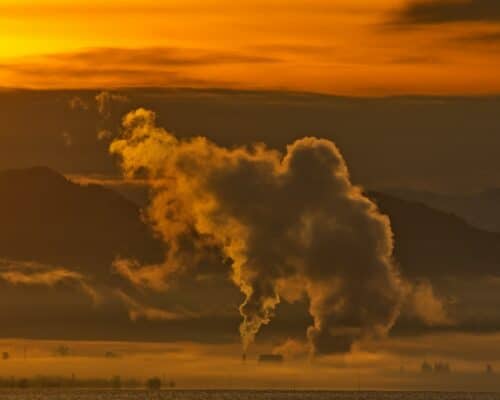
China’s CO2 Emissions Fall For the First Time
China's accelerated renewable energy deployment has allowed it to slash emissions and unlock the numerous benefits of the green energy transition, giving Southeast Asian nations a push to recognise and capitalise on the benefits of decarbonising their economies — from cost-cutting and energy security to ensuring a liveable future.
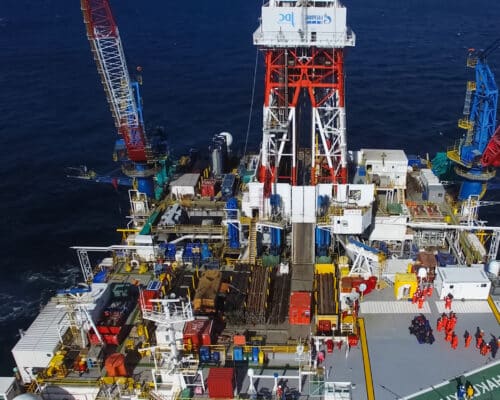
Southeast Asia Oil and Gas Extraction to Escalate, Decarbonisation Goals in Jeopardy
The Southeast Asia region faces a decade of final investment decisions for gas extraction projects, further complicating its decarbonisation goals. The silver lining, however, is that many of these projects have faced years of delay and need to be reassessed.
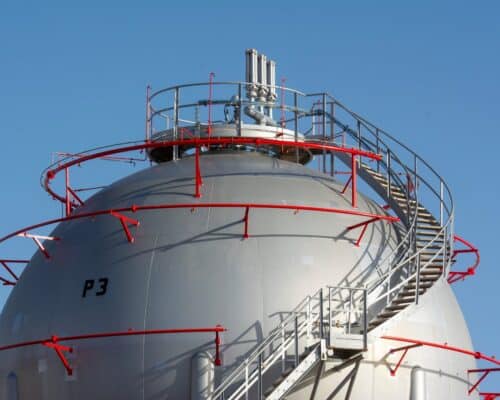
IEEJ Predicts Strong Natural Gas Demand; Experts Find it Unrealistic
The IEEJ’s forecasts significantly overestimate natural gas demand and underestimate renewable potential, driven by close ties to Japanese industry and fossil fuel interests. Its projections also rely on unrealistic assumptions about CCS and emissions reductions, contradicting scientific consensus on clean energy costs and feasibility.

Australia’s Federal Election 2025 and What It Means for Climate Change Agenda
Australian Prime Minister Anthony Albanese's victory on May 3 for a second three-year term paves the way for enhanced climate policies, yet challenges include excessive regulations, costly renewables and rural opposition to wind and solar projects.
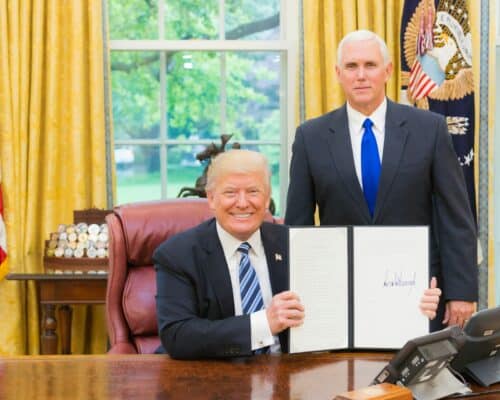
US Tariffs on Southeast Asia: What They Mean for Global Trade
From islands inhabited only by penguins to decades-long trade partners, over 90 jurisdictions were slapped with tariffs once President Trump got back at the helm of the US. While the move risks causing massive short-term instabilities, it can prove a blessing in disguise for Southeast Asia and its solar panel manufacturing industry.
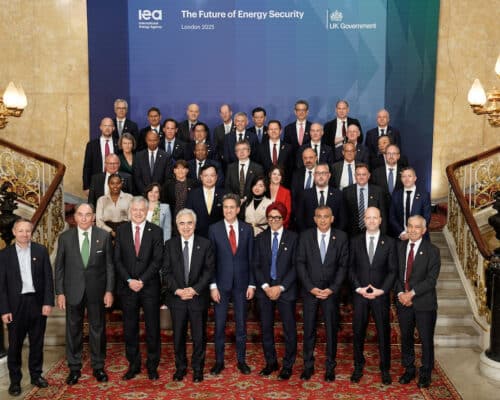
IEA’s Future of Energy Security Summit Ends With a Call For Cooperation, Less Fossil Fuels and More Renewables
The Energy Security Summit ended with a strong message - energy security is a question of national security, and climate change threatens both. Parties agreed that an effective response requires increased collaboration in reducing fossil fuel import reliance and scaling up renewables.
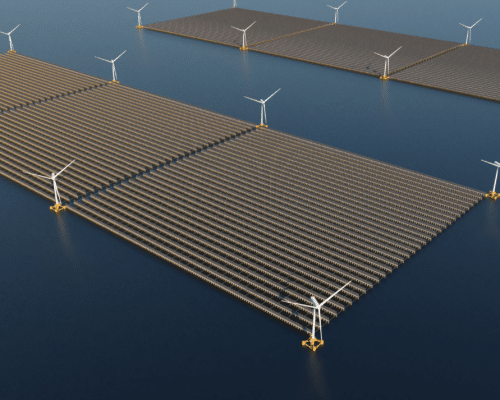
Is the U.S. Losing Its Cleantech Edge?
The Inflation Reduction Act (IRA) has significantly boosted clean energy manufacturing, job creation and emissions reductions in the US and Asia, fostering global leadership in cleantech innovation. However, threats from the current administration aiming to dismantle these incentives could slow progress, weaken international partnerships and hinder the region’s energy transition efforts. Continuing investments and regional collaborations are crucial to maintaining momentum in the face of potential setbacks.

Australian Election 2025: What it Means for Climate Change and Energy
Considering Australia’s emissions intensity and its role as a primary fossil fuel exporter, few have as much power in the mission to tame the climate crisis as Australian voters. And the results on May 3 give hope that clean energy and the climate crisis will sit high on Australia’s agenda in the following years.

South Korea Election 2025: Key Climate Issues and What’s at Stake
South Korea lags behind other developed nations regarding the clean energy transition, while the dependence on fossil fuel imports erodes its economy's competitiveness. While the country has the resources, capabilities and ready-to-deploy solutions to change course, its path ultimately depends on political will.
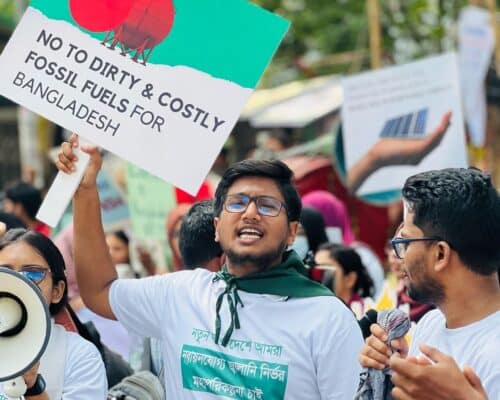
Bangladesh’s Predicament Deepens as Asia Braces for Expansion of Fossil Fuel Corporations
Bangladesh’s recent energy policies reveal a troubling shift toward expanding fossil fuel projects, including open-pit coal mining and LNG imports, despite ongoing issues with energy security and high costs. These developments, driven by political and international influences, threaten to deepen reliance on outdated fossil fuels while sidelining renewable energy efforts.
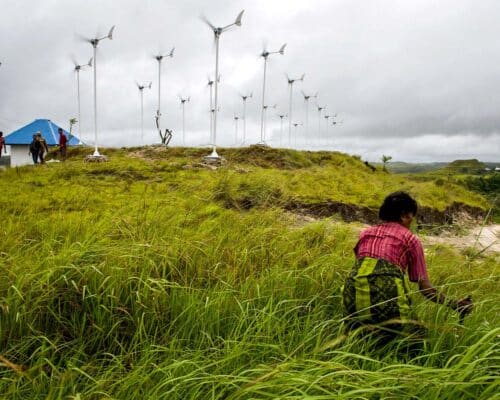
Asia’s Progress On Global Renewables and Energy Efficiency Pledge
Climate Analytics recently released a report on the progress eight key Asian countries have made towards key climate agreements from COP26 and 28. The report paints a diverse picture, with many highs and lows. However, the primary theme is a lack of consistency across the region, with countries failing to align their national policies with climate commitments.

China’s Oil Demand Dropped: Experts See Start of a Trend
The drop in the demand for oil-based fuels in China signals that their peak might be getting closer in what could prove a watershed moment not only for the global oil markets, but also for Asian countries that look toward China for inspiration on how to decarbonise their economies.
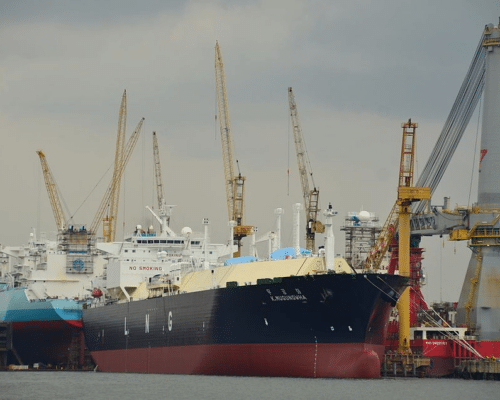
Unneeded Papua New Guinea LNG Project Would Harm Environmental and Human Rights
The Papua New Guinea LNG project is facing increasing investor withdrawal due to environmental and human rights concerns, with 13 of the top 50 investors already committing to withdraw funding. Critics warn that proceeding with this project could exacerbate climate change and violate the rights of local communities, emphasising the need for a shift towards renewable energy investments instead.
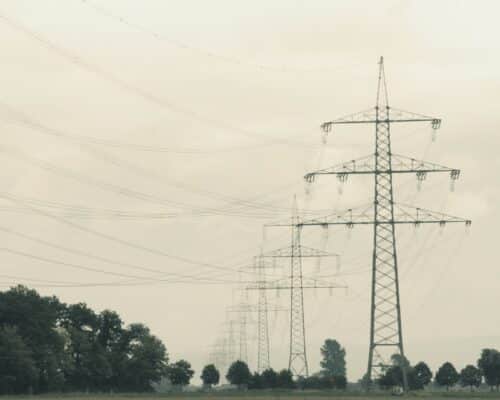
Cost-cutting Solution for Companies in the Philippines
Experts note that addressing the economic and social repercussions of the high electricity costs in the Philippines requires policy reforms that prioritise investments in renewable energy and reduce the reliance on fossil fuel imports.
Most Popular
Categories
-
10
-
35
-
126
-
4
-
17
-
46
-
52
-
11
-
10
-
15
-
24
-
6
-
1
-
5
-
6
-
285
-
200
-
17
-
24
-
1
-
1
-
23
-
41
-
44
-
88
-
18
-
86
-
41
-
17
-
11
-
43
-
54
-
86
-
299
-
22
-
44
-
36
-
11
-
42
-
36

